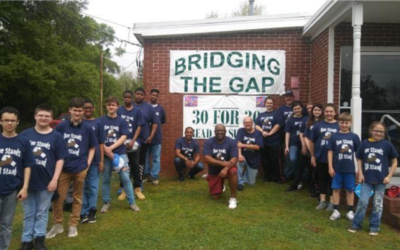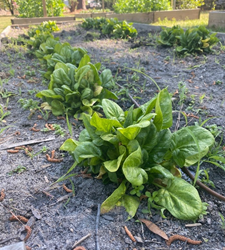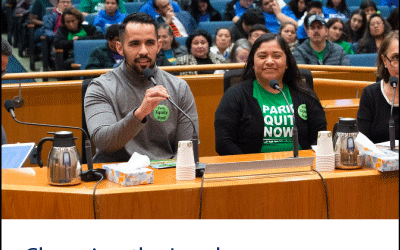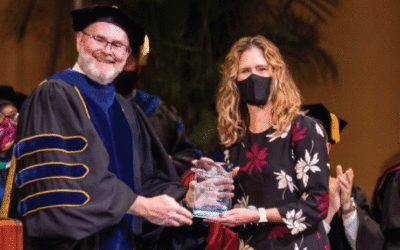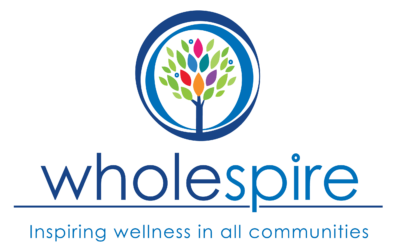From pedestrian signs and flashing school lights to abandoned parks and community gardens, Laurens County youth are making changes to their community for the better.
News
Community garden expansion: taking a collaborative approach
Wholespire Richland County teamed up with Koinonia of Columbia, SCDHEC, and other community partners to build garden beds for the Eau Claire Community.
Wholespire gets back to advocacy basics during 2021 legislative session
This last legislative session has been one for the books. From dealing with COVID-19 recovery to very polarizing social issues, the South Carolina General Assembly and Wholespire have been very active.
First virtual conference deemed a success
The Leadership Summit for Healthy Communities + Youth Edition provided firsts for many. Find out how Wholespire pulled it off and what participants said about the virtual event.
New report emphasizes people, parks, and power
The Prevention Institute and Robert Wood Johnson Foundation released new information addressing park equity for African Americans, Latinos, and low-income urban communities.
USC Arnold School of Public Health honors alumna & Wholespire board member
Wholespire’s Board of Directors Vice Chairman receives annual Gerry Sue Arnold Alumni Award.
Eat Smart Move More SC announces new name
The name change comes with a complete rebranding, including a new logo and tagline, and was unveiled to over 200 stakeholders and attendees during the organization’s annual leadership conference.
Obesity Lands in SC Phase 1b High-Risk Category
SC DHEC specifically lists obesity (BMI >30) as an eligible factor for one being able to get a COVID-19 vaccine under Phase 1b. Find out more about BMI.
Wholespire, SC Office of Rural Health receive funding to collaborate on community health initiative
This initiative, funded by the BlueCross® BlueShield® of South Carolina Foundation, will build off the successes of SCORH’s Blueprint for Health program and Wholespire’s Let’s Go 3.0 mini-grant initiatives.

